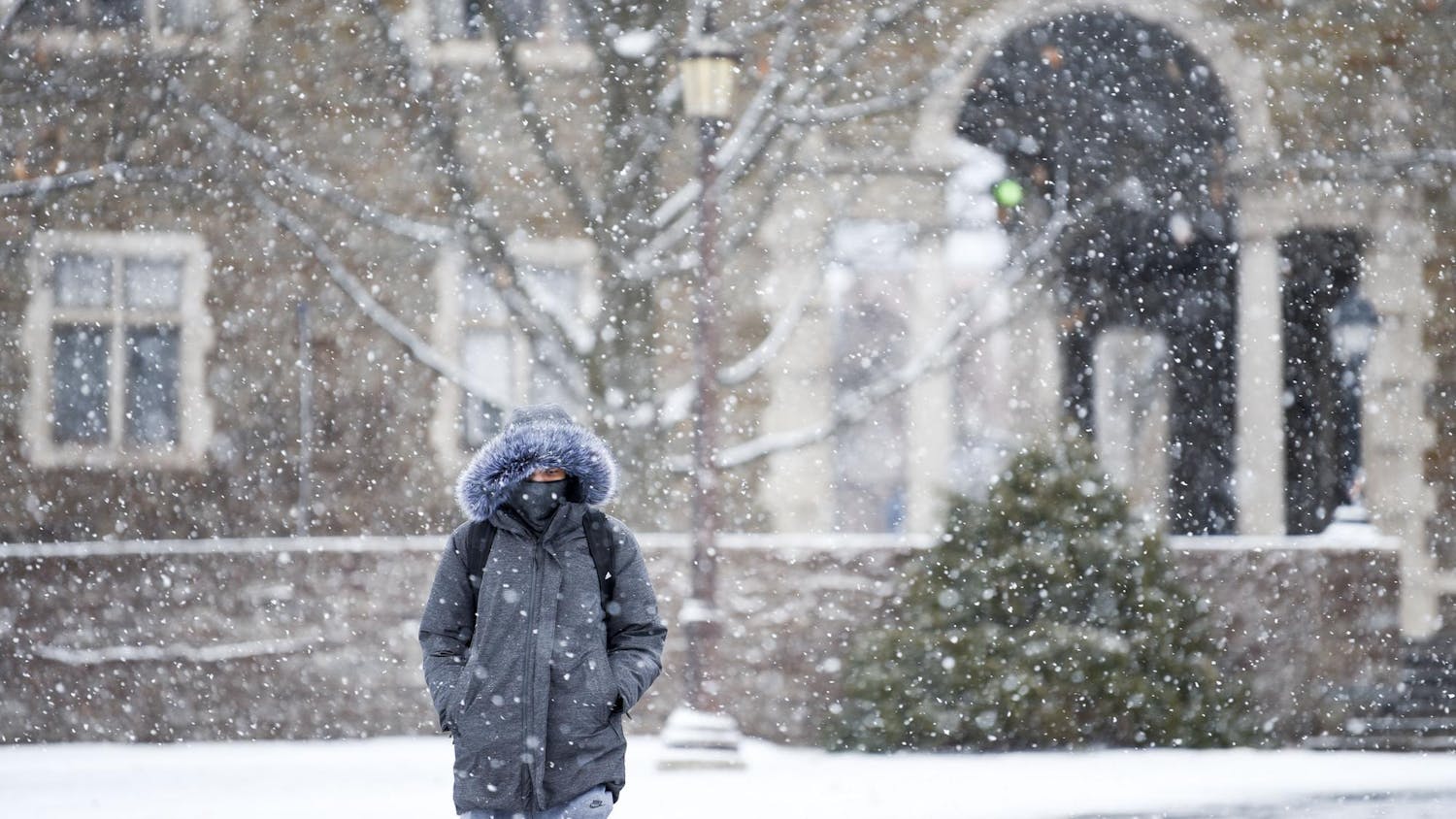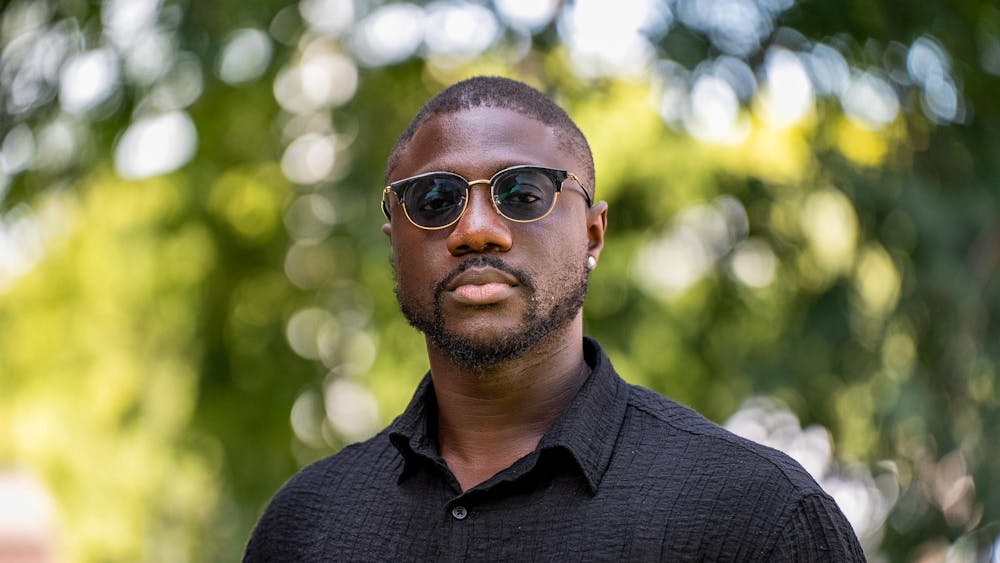A combination of entrepreneurship, interdisciplinary collaboration and a passion for animals landed three teams of students $3,000 at the fifth annual Cornell Animal Health Hackathon this past weekend, hosted virtually for the first time due to COVID-19 restrictions.
From Feb. 19 to Feb. 21, undergraduate and graduate students from across Cornell and other universities researched and developed potential solutions to current challenges in veterinary medicine, from cattle vaccination inefficiency to pet obesity.
According to program coordinator Dr. Jorge Colón ’92 D.V.M. ’95, clinical sciences, the interdependence between human and animal health demands innovation in the animal health sector. Due to its origins from an animal species, COVID-19 further illustrates this need to increase attention to global animal health to limit future transmission of animal viruses to humans.
“The world needs animal health in order to exist,” Colón said. “It’s not just the health of humans [that matters]. It’s the health of animals, the environment, the plants.”
Beginning last Friday night, 114 students across 21 teams worked with mentors to design products that could fill gaps in the veterinary health care market — dedicating those 36 hours to developing their ideas. On Sunday, teams presented their projects to a panel of judges, with the top eight teams advancing to the final round that same afternoon.
Judges assessed teams based on their project’s relevance to veterinary medicine, the scale of impact on global animal health, innovation and commercial and financial viability. Three teams took home $3,000 each for awards in three separate categories.
Team Pawsitive clinched the prize for Best Veterinary Healthcare Solution for designing an app to help pet owners ease their pets’ separation anxiety and other behavioral issues.
The app allows pet owners to create individualized training plans, find resources on pet behavior, consult veterinarians and connect with other pet owners experiencing similar challenges.
Team BEEtle Bulb took home the prize for Best Market Ready Solution. The group designed a solar-powered light structure that prevents invasive small hive beetles from populating honey bee hives — an act that harms the honey bee colony. By protecting honey bee populations, the BEEtle Bulb system can benefit human health, as many food systems directly rely on honey bee pollination.
The award for Most Innovative Solution went to Team Here for the Vibes for their product Smart Skin, the first ever 3D-printed bioactive bandage. Genetically-engineered bacteria in the bandage release proteins that produce anti-inflammatory responses, which can help treat skin conditions in animals.
With future research, this technology could also be applied to human treatments for burns and surgical incisions, vet student Jayden Robert said in the team’s pitch video.
Team QuikVax received an honorable mention for their innovative design of a multi-needle, reusable vaccine injection device for large animal farms.
Although team members each contributed their own expertise to their projects, all three winning teams emphasized that their success depended on interdisciplinary collaboration.
For Team Here for the Vibes, a combination of perspectives from students studying information science, business and veterinary medicine pushed the group to pursue ideas they might not have otherwise considered.
“We weren’t going to go with this idea in the beginning,” said Minwei Cao, MBA ’22. “[Our veterinary students] pushing back on us business students made us reconsider the idea and really see the potential in it. That kind of interdisciplinary exchange was the key thing to our success.”
Team BEEtle Bulb also benefited from collaborating across their expertise in business, veterinary medicine and biomedical engineering, according to Jason Nobles, MBA ’21.
“I’ve worked through a lot of different types of case competitions, but this is the first time I’ve worked with teams from the veterinary school and from [engineering],” Nobles said. “All the diverse backgrounds coming together really blew me away. Being able to build off of that throughout the whole process really helped us out.”
Ultimately, the hackathon’s collaborative nature allowed students and mentors to make valuable connections across disciplines, according to Colón.
“The creation of opportunities for networking between students [who] would have never met otherwise — that can create lifetime relationships,” Colón said.











